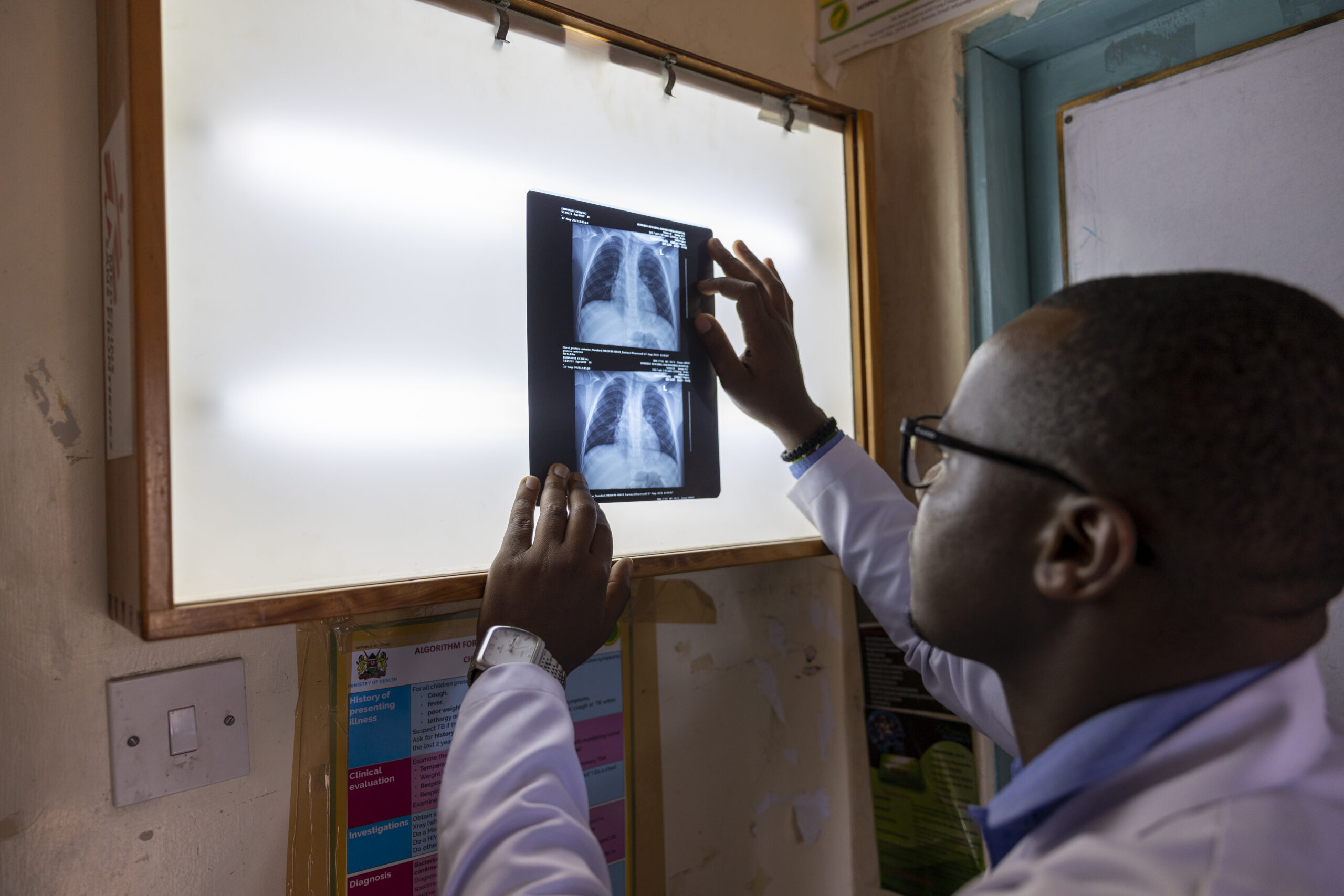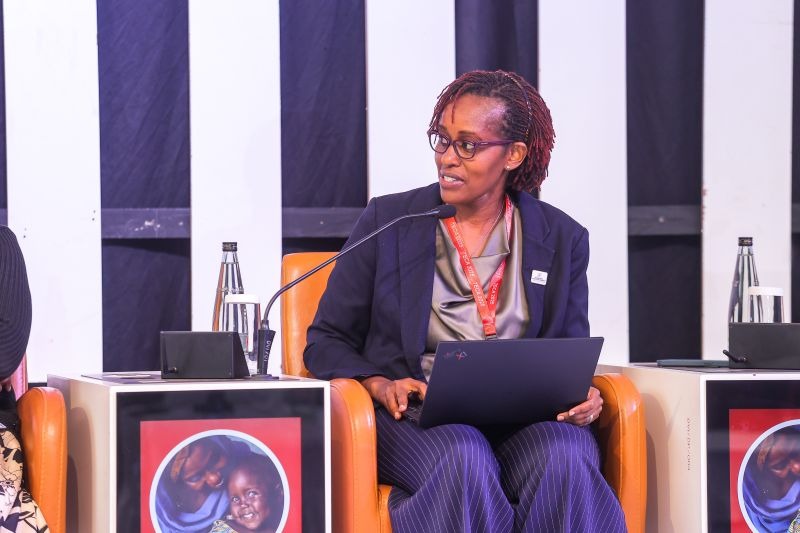Yaoundé, Cameroon, July 6, 2022
Results from Pediatric TB research studies implemented in Cameroon have revealed a promising practice to tackle childhood TB, which although treatable, continues to remain a threat to many children.
The Cameroon Ministry of Public Health through the Division of Health Operational Research (DROS) and in partnership with the Elizabeth Glaser Pediatric AIDS Foundation (EGPAF), shared results of two research interventions to tackle childhood TB today at a conference to disseminate childhood TB studies in Yaounde, Cameroon. Both studies were implemented through a Unitaid-funded Childhood-TB project named Catalyzing Pediatric Tuberculosis Innovations (CaP TB).
In many countries in sub-Saharan Africa, TB diagnosis and treatment services for children are often, only made available when the child is already symptomatic and in specialized TB care units. One study, named the INPUT study, demonstrated that providing TB services as a package of child health care services improves the identification and treatment of children with TB.
Results from the INPUT study in Cameroon — observed even on the backdrop of disruption of TB services during the Covid-19 outbreak – showed the number of children diagnosed with TB increased 10-fold when TB care services were integrated into existing childcare units.
Although TB diagnosis in children is difficult, the INPUT study showed that it is still possible to increase the number of children diagnosed with TB by providing capacity building and follow-up supervision to the health care workers. Nine out of 10 children diagnosed in CaP TB were diagnosed clinically – reinforcing the importance (and necessity) of ensuring quality clinical diagnoses in order to find more children with the disease and enroll them in treatment. .
“Children with TB must be identified quickly, and put on treatment before they become extremely ill. Children, especially those with HIV or under 5 years of age are more likely to develop active TB. This is a big step, as without diagnosis, many children with TB are at risk of dying”, said Dr Léonie SIMO, Cameroon Implementation Manager for CaP-TB Project
Preventive therapies exist for children who are at risk of contracting TB. The source of TB infection for children is usually a sick adult in their household. The World Health Organization (WHO) and the Cameroon National TB program recommend that all children under 5 years of age who are household contacts of individuals with active TB be given preventive treatment in the form of 6 months of isoniazid. However, bringing child contacts to the health facility is often very challenging for some parents due to transport issues and a lack of urgency given that preventive measures may not be prioritized when their child appears healthy.
The second study named CONTACT, confirmed that a community-based model to identify, screen, and offer preventive treatment for children exposed to TB within the household, is well accepted and can be very effective to ensure that child contacts are initiated on preventive therapy and complete it.
The CONTACT study also demonstrated that the shorter, 3 months preventive regimen is very well tolerated in young child contacts, supporting its routine use to shorten TB preventive therapy and the possibility to deliver it by trained and supervised community health workers. Additionally, the study demonstrated that HIV testing can easily be integrated with TB screening activities at community level. This will help easily identify people living with HIV and facilitate the likelihood of their access to care especially among adult contacts.
For more information review the Project Fact Sheet
About the Elizabeth Glaser Pediatric AIDS Foundation
EGPAF is a proven leader in the fight for an AIDS-free generation and has reached over 31 million pregnant women with services to prevent the transmission of HIV to their babies. Founded in 1988, EGPAF has supported over 15,000 sites and currently works in 17 countries to offer HIV counseling, prevention, diagnosis, and treatment services alongside high-quality family health care. Each stage of life—from infancy to adulthood—brings new and different challenges, and EGPAF is driven to see a world where no other mother, child, or family is devastated by this disease.



